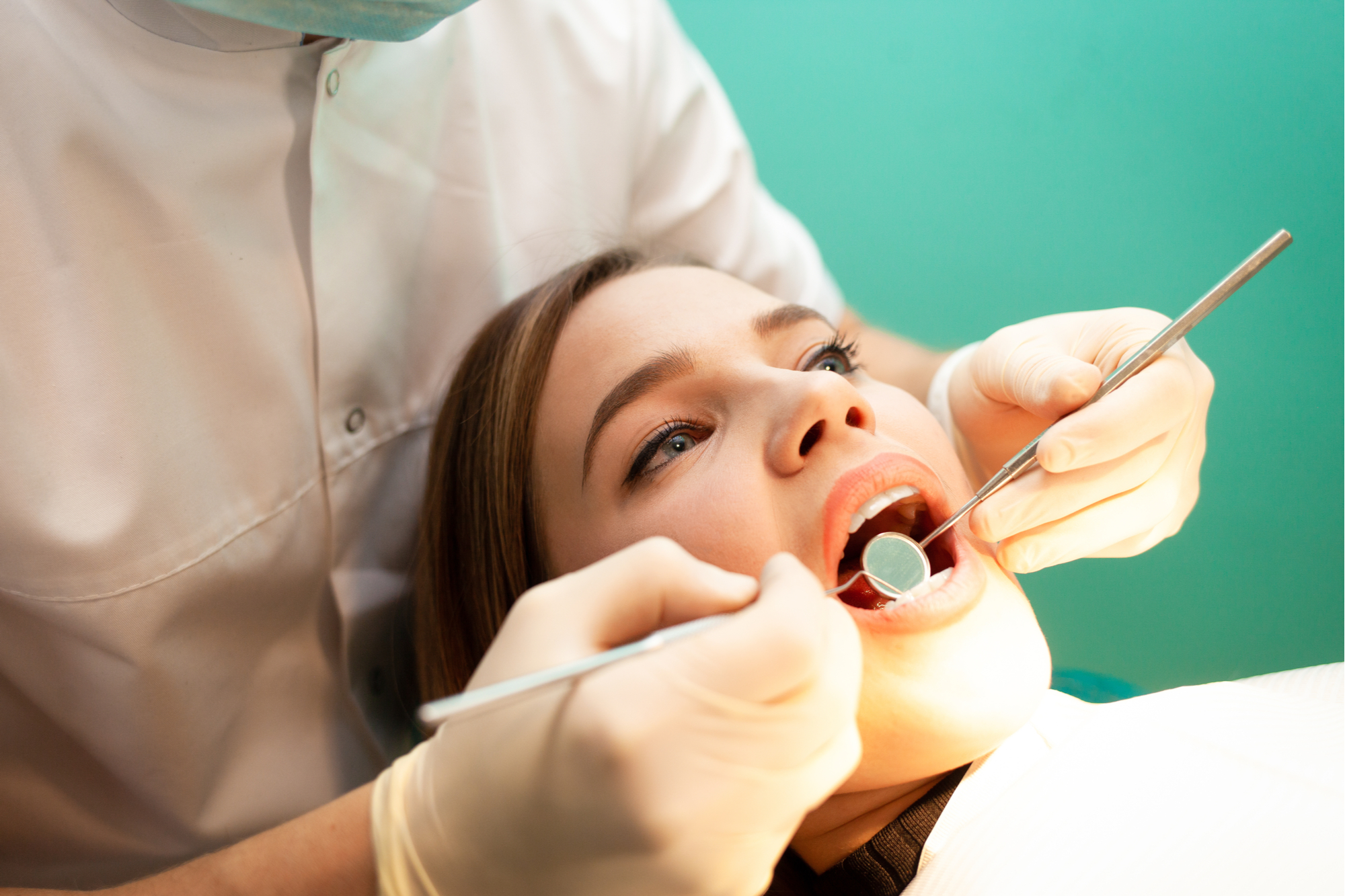What is the best advice a dentist can ever give you? That you pursue regular oral hygiene (brushing, flossing and rinsing), and that you visit your dentist for routine inspections regularly. Just like you maintain your car and take it to the garage for routine maintenance.
What does a routine dental check-up involve typically? Here is some basic information which you may find useful.
Who Will Treat You?
Most likely, the first professional who treats you will be your dental hygienist. The hygienist is not a dentist-he or she cannot diagnose your dental problems or prescribe treatments but can examine and record issues. He or she will examine your teeth and gums and document any observations about your general health and medicines in use. He or she may also advise you about how to better care for your teeth and gums. Further, the hygienist may clean and polish your teeth.
Next, you meet the dentist who will also examine your gums and teeth, review the notes made by the hygienist, and any cleaning performed by the hygienist. The dentist will look for signs of any dental or other disorder in the mouth. He will especially examine you to exclude any signs of developing oral cancer. If he finds any abnormality, he will make the appropriate treatment recommendations. The oral examination can lead to one or more of the following
X-rays
X-rays examination may have to be done after the oral examination if the professionals feel there is a need for further examination. X-rays can look for problems under the gums or inside the tooth.
Cleaning
Your oral hygiene, i.e., regular brushing, flossing and vigorous rinsing, will go a long way towards keeping your mouth disease-free. But you cannot see all the surfaces of your teeth. As such, you cannot make sure that there is no plaque building up on inaccessible surfaces of your teeth and maybe under the gumline. Only a dental professional who is equipped with the necessary instruments and is trained in their use can examine your teeth properly and then clean any deposits that may have defied your efforts. Hygienist/ dentists will normally employ special hand instruments to do this cleaning. He or she may use an ultrasound scaler to dislodge and remove plaque even below the gum line. Ultrasound scalers produce high-frequency vibrations to do this.
Polishing
After the cleaning, polishing will remove any discoloration from the tooth surfaces and improve their appearance. The polish contains a fine abrasive power which smooths your tooth surfaces, removes discoloration from there. It can also contain fluoride which protects your teeth against decay. The polish is applied by a small rubber cup which rotates when attached to the dentist’s handpiece.
Advice
Based on the examinations, your dentist/hygienist may offer you additional instructions to follow at home. You should not hesitate to ask any clarifications about what they say or any other relevant questions that may come to your mind.
Treatment Recommendations
If any problems are found, your dentist will make the appropriate recommendations for further diagnostic tests or treatment. If immediate treatment is possible, eg., a filling, he may offer to do it immediately or give an appointment. He or she may even refer you to another specialist for advice or treatment.
Comprehensive Dental exam?
Comprehensive dental exams are more thorough exams conducted when you visit a dentist the first time. These may also be conducted occasionally by your regular dentist. This examination involves not only your teeth, gums and mouth healthy but goes on to check your head and neck area. The following evaluations may be done
· Head and neck: Your dentist will examine your head and neck area and look for any tenderness or swelling (possible signs of disease or infection) in the lymph nodes / salivary glands. He or she will also examine the temporomandibular joint for proper functioning.
· Soft tissue: The soft tissues in your mouth are the tongue, insides of your lips and cheeks as well as the floor and roof of the mouth, back of your throat, and the tonsil area. Your dentist will look for any lesions, cuts, spots, swellings or growths that may indicate towards an underlying oral health issue such as spotting the signs of oral cancer.
· Gum tissue: Your dentist will examine your gums for signs of gum disease. If he or she finds you have gum disease, you may be sent to a periodontist.
· Teeth: Your teeth will be probed with a dental explorer, and x-rays will be taken to detect any decay which may not be otherwise visible.
· Occlusion: The dentist will check how well your upper and lower teeth meet (occlusion) and may refer you to an orthodontist if there is a problem.
The End Result
The regular dental examination gives you confidence that your teeth and mouth are in good health, and if there is a problem, you get a timely warning to start treatment.






